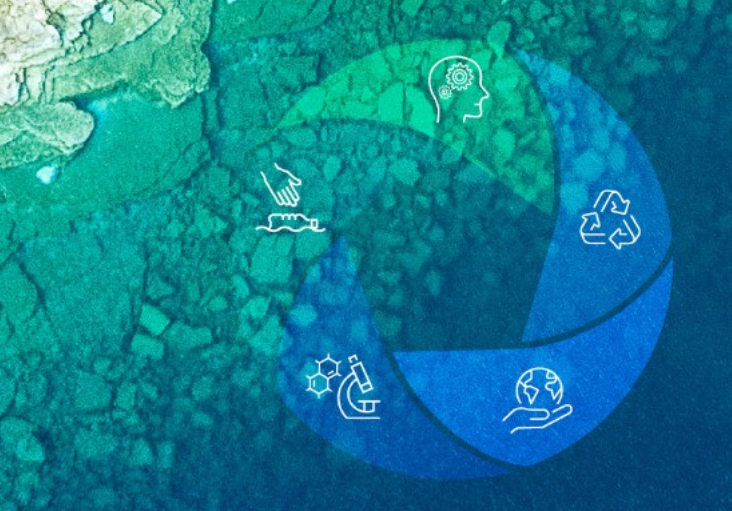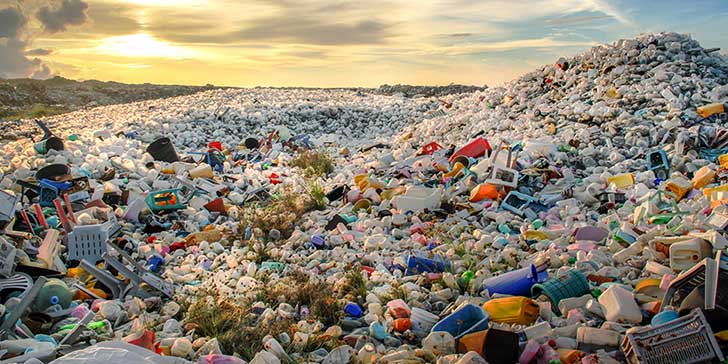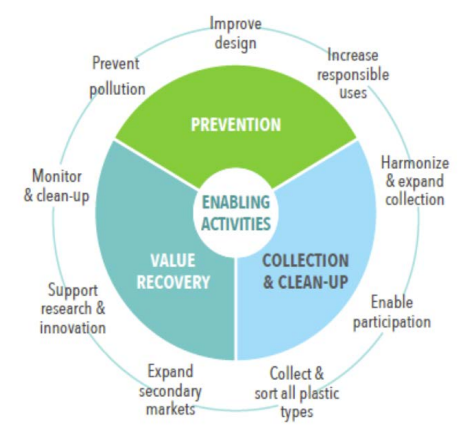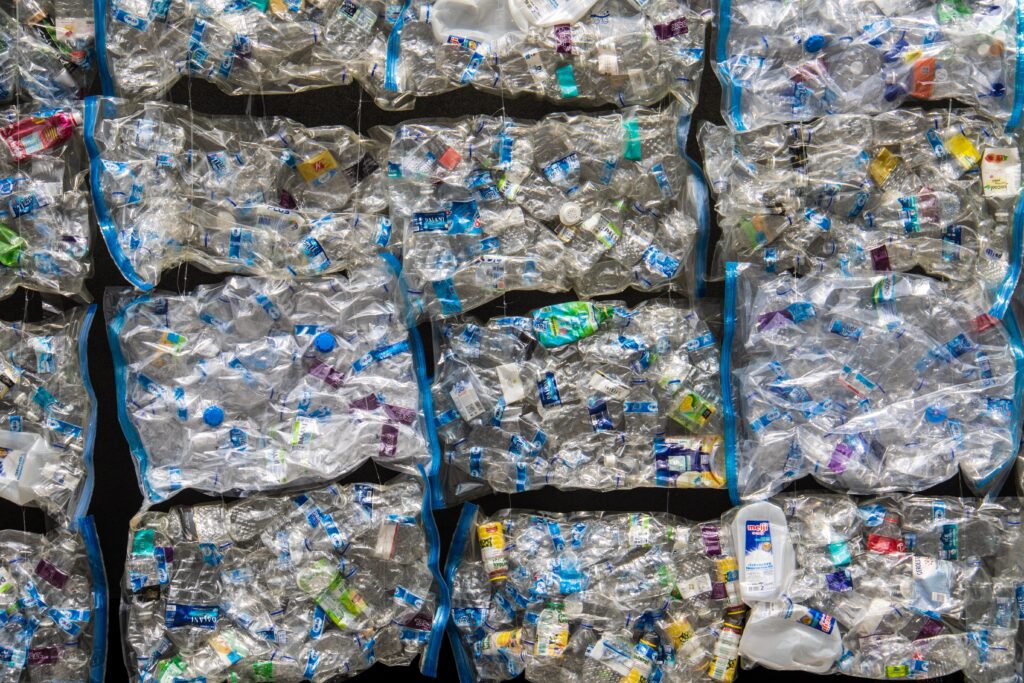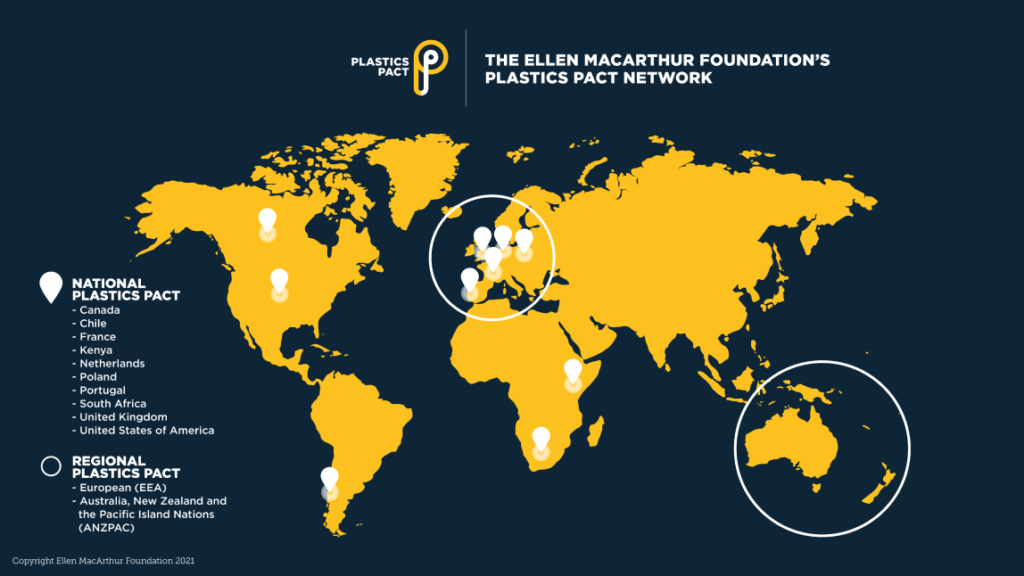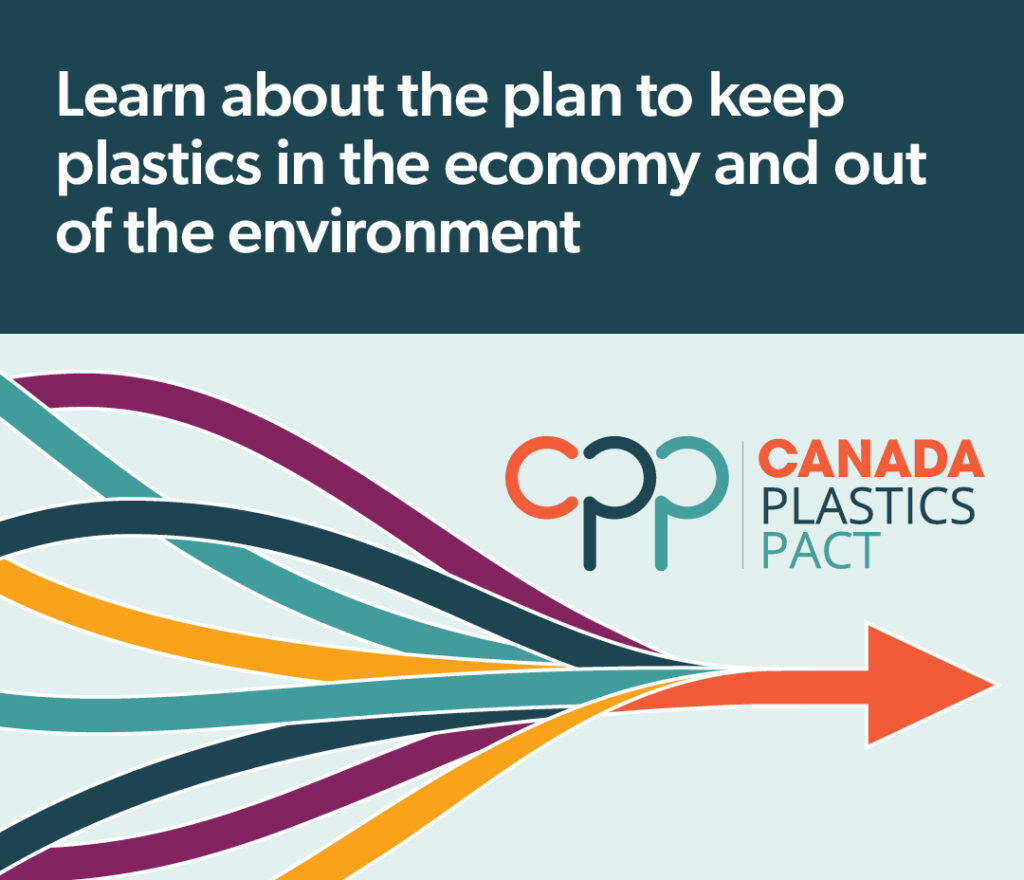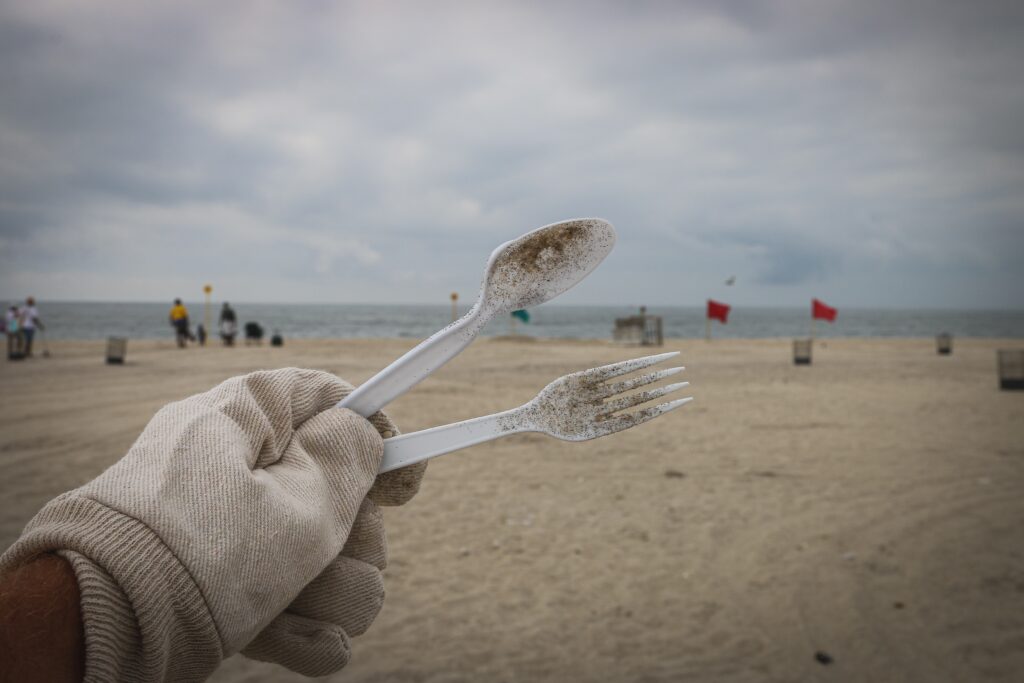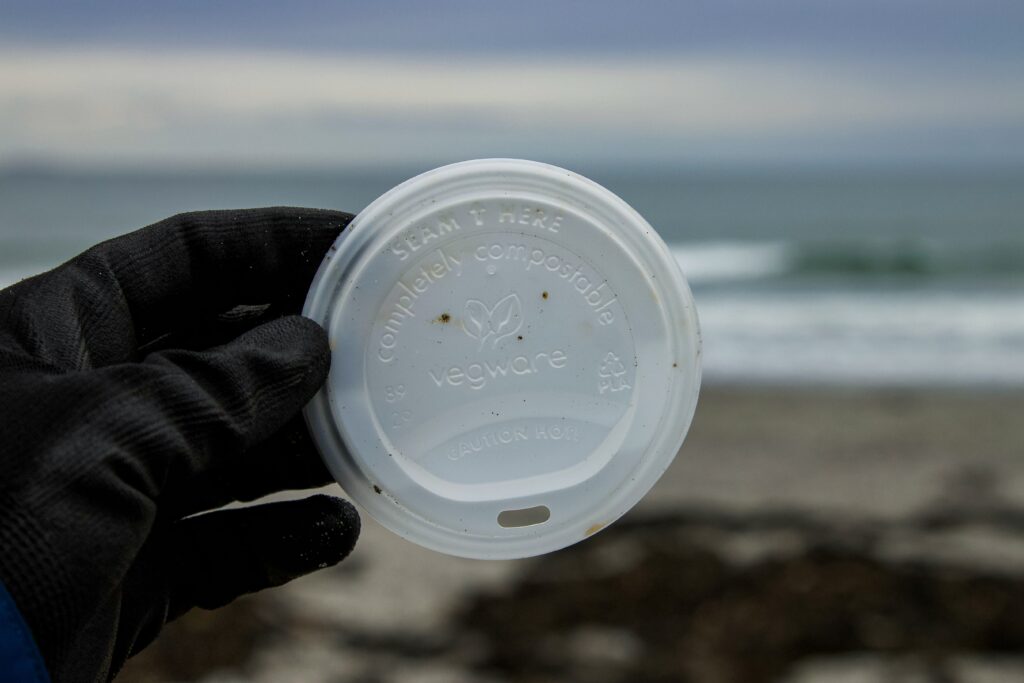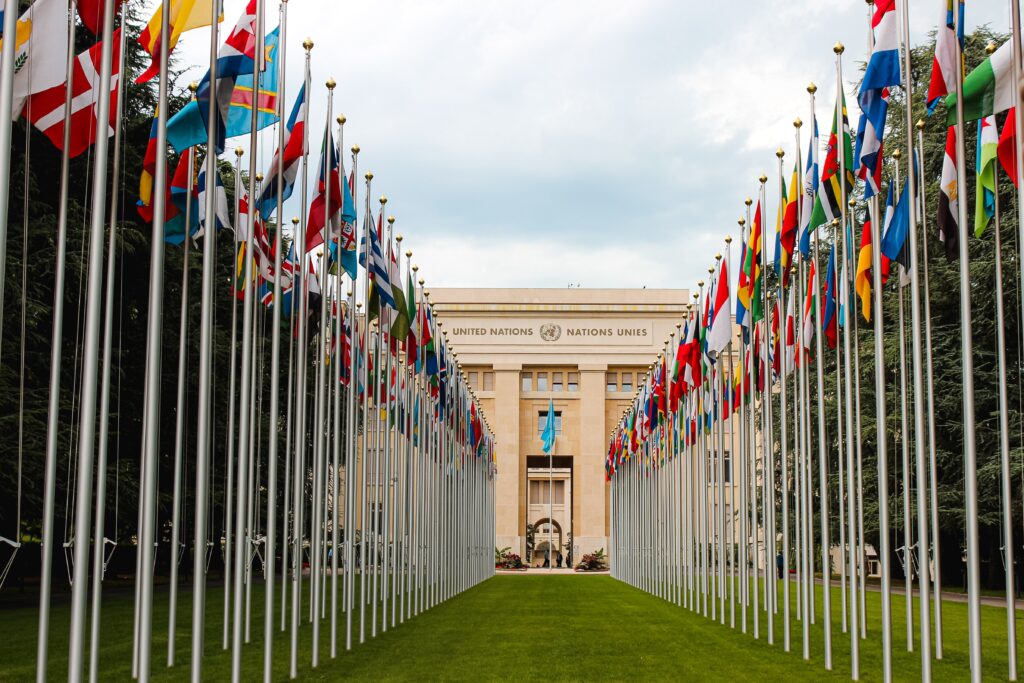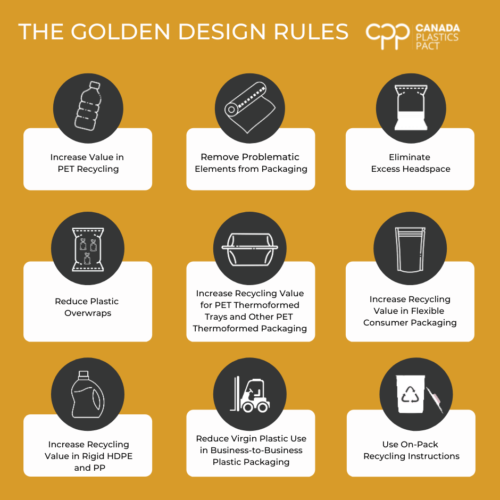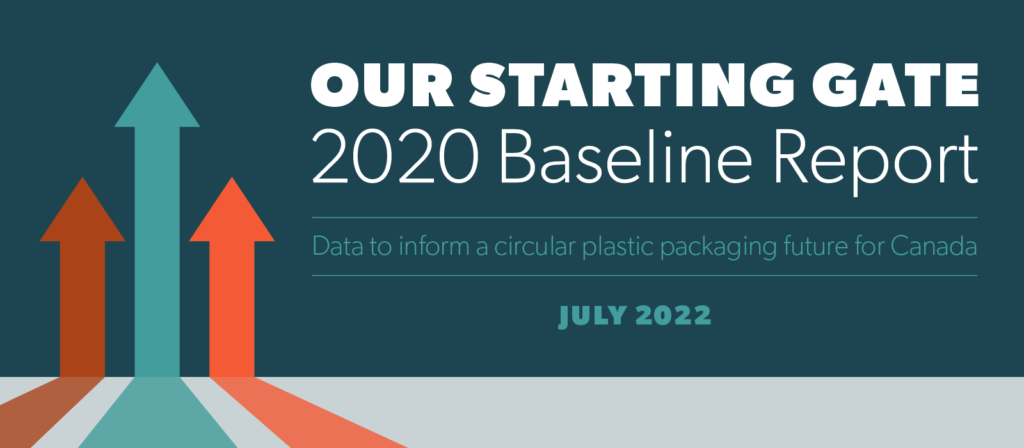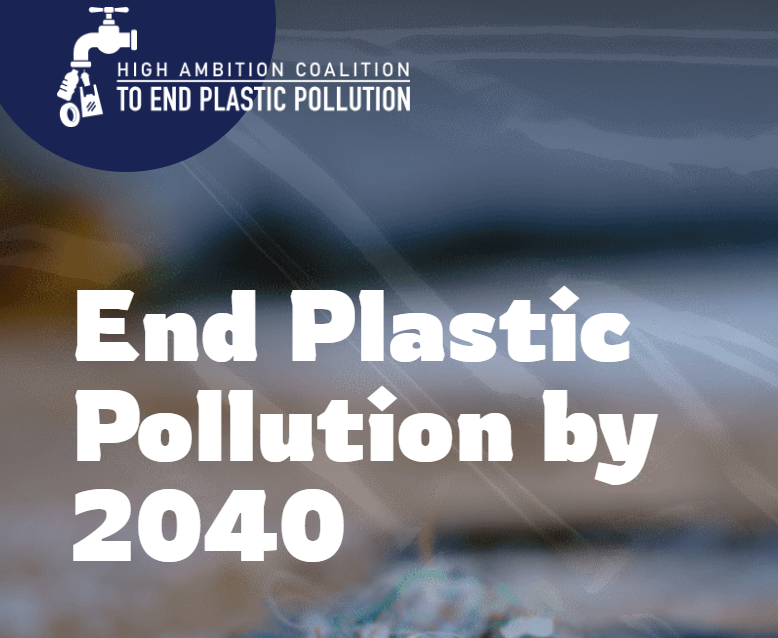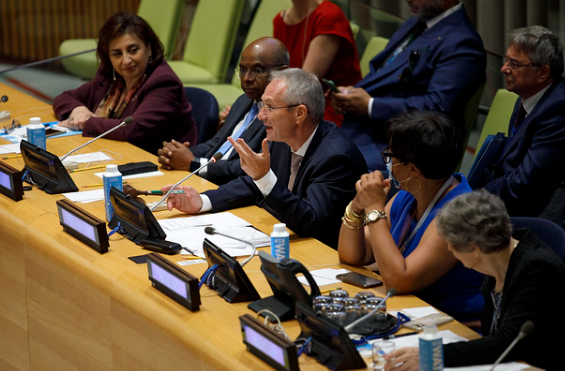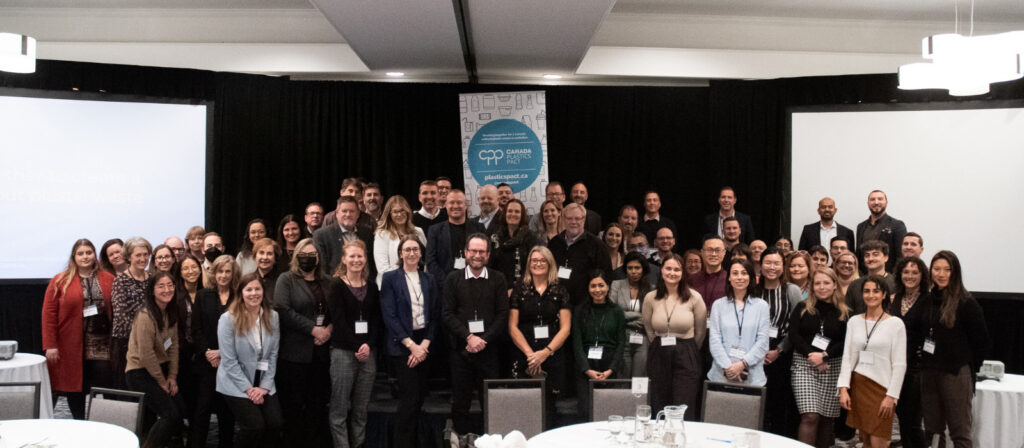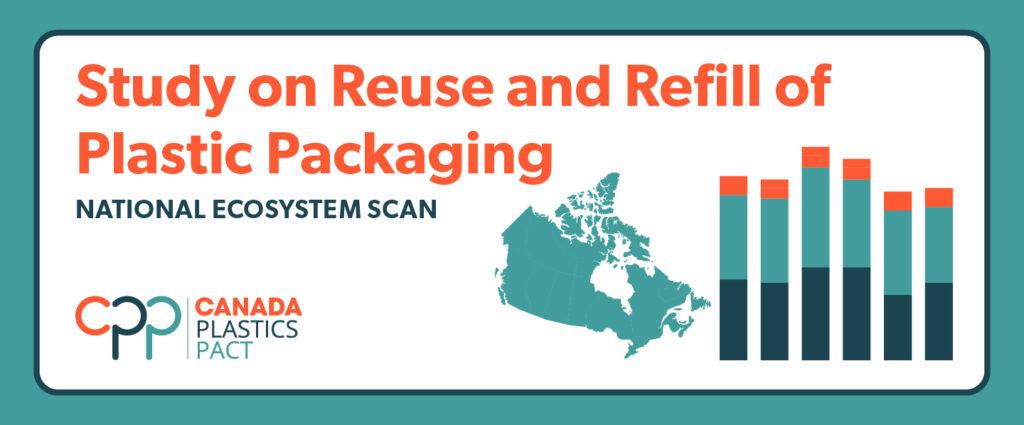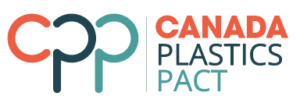test
This report provides five recommendations for Canadians to evolve the plastics economy from one that is linear and wasteful to one that offers economic growth without waste.
The Canadian Council of Ministers of the Environment (CCME) approved in principle the Canada-wide Strategy on Zero Plastic Waste, which aims to reduce plastic waste, support improved reuse and value recovery to reducing the amount of plastic released in our environment.
The Canadian Council of Ministers of the Environment (CCME) approved in principle the Canada-wide Strategy on Zero Plastic Waste (the Strategy), to reduce plastic waste and pollution and recover the value of plastics through reuse, repair, remanufacture, refurbishment and recycling.
Canada Plastics Pact is a unique multi-stakeholder, industry-led, cross-value chain collaboration platform which aims to tackle plastic packaging waste and pollution by bringing together businesses, government, non-governmental organizations and other key actors in the local plastics value chain who are united, working together on achieving clear, actionable targets by the year 2025.
The Canada Plastics Pact Roadmap is a shared action plan that will result in real progress to reduce plastic waste in Canada. Built through unprecedented collaboration between companies, organizations, and governments across the entire plastics value chain, this Roadmap presents a shared vision for a circular economy for plastics packaging and a collaborative action plan to drive tangible change by 2025.
The Golden Design Rules for Plastic Packaging provides guidance and global standards for Canadian companies to adjust their packaging design and contribute to a circular economy for plastics packaging.
The Baseline Report marks an important starting point for the CPP and its efforts to transition to a more circular economy for plastics packaging in Canada, with an emphasis on collaboration to drive the systems change required.
The High Ambition Coalition to End Plastic Pollution is committed to develop an ambitious international legally binding instrument based on a comprehensive and circular approach that ensures urgent action and effective interventions along the full lifecycle of plastics.
The first session of the Intergovernmental Negotiating Committee to develop an international legally binding instrument on plastic pollution, including in the marine environment (INC-1), took place at Punta del Este Convention and Exhibition Centre, Uruguay.
More than 100 individuals representing more than 50 organizations from across the plastics value chain gathered in Toronto for a day of knowledge sharing and collaboration to continue to work towards building a circular economy for plastics packaging in Canada.
CPP publishes an aggregated overview of the reporting data from CPP Partners during its launch year.
This national ecosystem scan evaluates and highlights the opportunities to implement reuse and refill systems as a way to reduce the amount of single-use plastic waste and move towards a more circular economy for plastic packaging.

